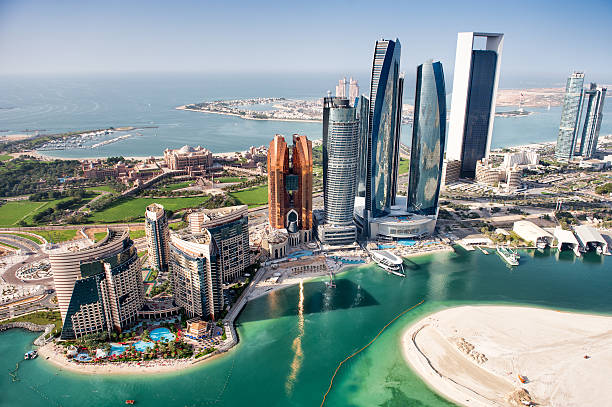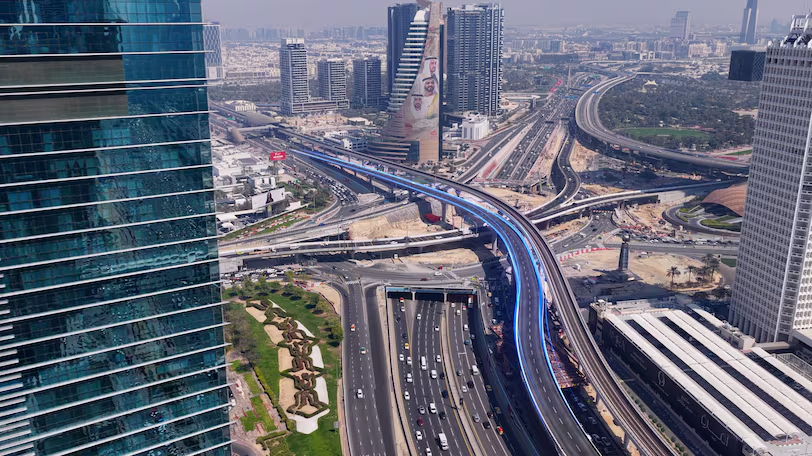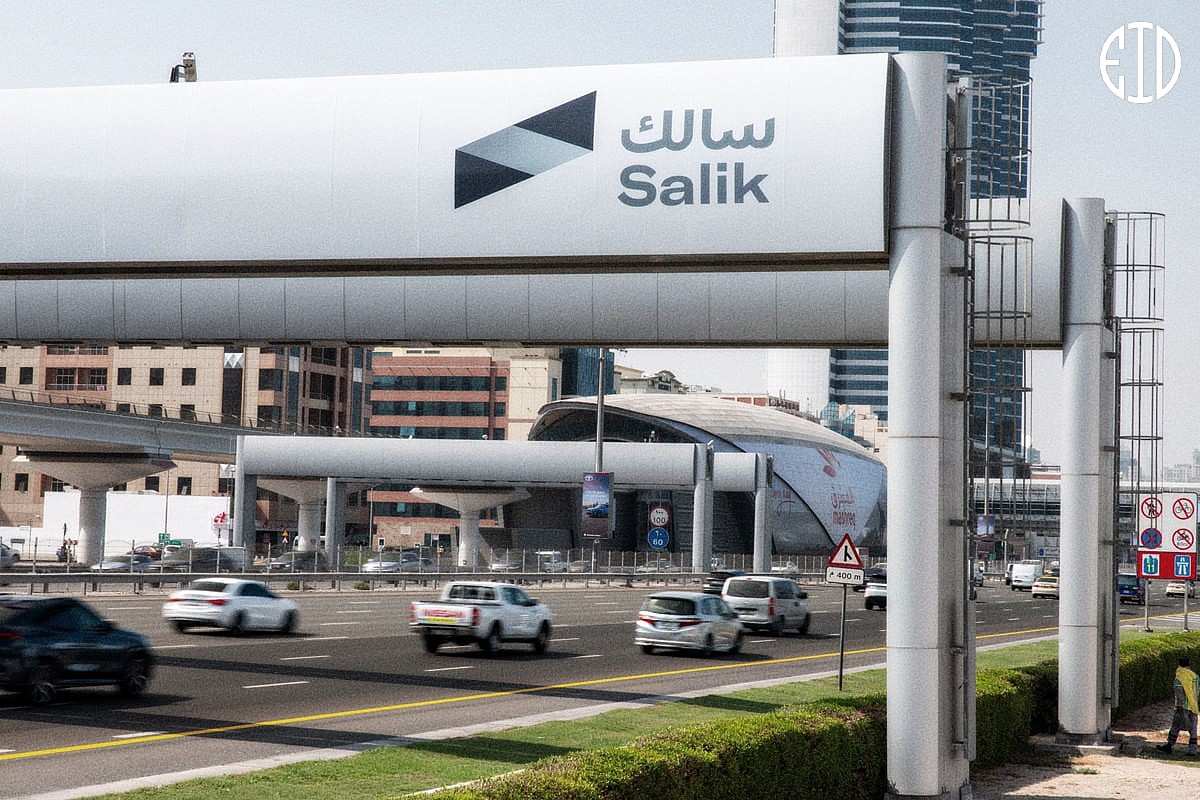Abu Dhabi: The United Arab Emirates has reaffirmed its economic prowess by claiming the first position in the latest Arab Economic Competitiveness Index released by the Arab Monetary Fund (AMF). The seventh edition of the AMF’s Arab Economic Competitiveness Report highlights the UAE’s outstanding performance, showcasing sustained progress across key sectors such as its robust overall economy, increasingly attractive investment environment, and growing allure.
The report specifically emphasizes the UAE’s dominance in the government financial sector index, securing the top spot in the deficit/surplus to GDP ratio and ranking second in the tax burden index. Additionally, the UAE stands out as the leader among Arab nations in terms of investment environment and attractiveness, securing the first position in the economic freedom index.
In the infrastructure sector index, the UAE takes the lead, excelling in mobile phone subscriptions and the percentage of the population with access to electricity. The country also secures the second position in the share of air transport and shipping to total global transport and shipping.
Furthermore, in the institutional and good governance sectors, the UAE emerges as the leader among Arab countries, achieving an advanced ranking in both the administrative corruption and government efficiency indices. This remarkable performance solidifies the UAE’s status as the most economically competitive nation in the Arab world.”
The latest report from the Arab Monetary Fund (AMF) sheds light on the concerted efforts of Arab nations to bolster economic competitiveness. Many countries in the Arab world have embraced diverse national strategies and visions aimed at elevating productivity, refining the efficiency of goods production, and prioritizing growth in productive sectors. The overarching objective is clear: achieve economic stability, foster sustainable growth, and enhance the quality of life for Arab citizens.
These strategies encompass a wide range of initiatives, from substantial investments in local industries to creating business-friendly environments to attract foreign capital. Recognizing the indispensable role of a skilled workforce, Arab nations are making substantial investments in education and training programs to equip their citizens with the expertise necessary for success in both productive sectors and service industries.
Simultaneously, ambitious infrastructure projects are reshaping transport networks, port facilities, and logistics services, empowering these nations to compete on a global scale. The AMF report anticipates that these collective efforts to enhance economic competitiveness and productivity will result in diversified Arab economies, increased employment opportunities, sustainable economic development, and an overall improvement in citizens’ living standards.”











